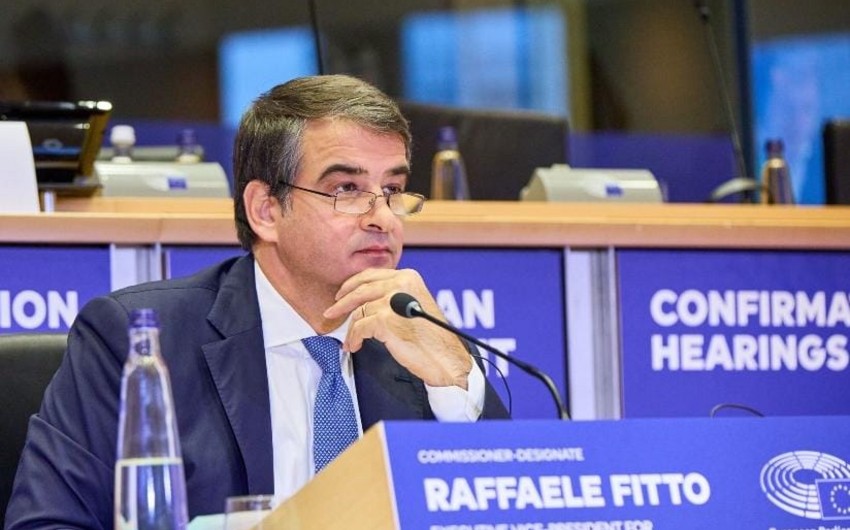On April 8, Executive Vice-President of the European Commission for Cohesion and Reforms, Raffaele Fitto, visited France's overseas territories—Reunion and Mayotte—to witness firsthand the harsh living conditions faced by residents struggling with food shortages and the aftermath of recent devastating hurricanes.
Although officially designated as overseas departments of France, Reunion and Mayotte still face systemic neglect, often viewed more like colonies than integral parts of the country.
According to Report, Fitto shared detailed updates of his visit on his X (formerly Twitter) account.
In one of his posts, he described the widespread destruction caused by Cyclone Shieda, commending the resilience and determination of Mayotte's people in their efforts to restore normalcy.
But natural disasters are just one layer of a deeper, systemic issue. One of the most pressing challenges facing Mayotte is a severe shortage of fresh water.
During his trip, Fitto visited several key EU-supported projects, including the Longoni Port, which improves regional connectivity, and the Combani Hill Reservoir—a critical infrastructure project aimed at securing Mayotte’s drinking water supply.
Following his visit, Fitto confirmed that the European Commission remains committed to supporting these territories, helping them recover and revive their local economies.
In Reunion, the vice-president met with local farmers to discuss the agricultural damage caused by Cyclone Garance: "It was a crucial moment for listening and discussion in order to plan the recovery of the local agricultural sector," he wrote in his post.
This visit raises an important question: why is the European Commission showing such strong interest in the well-being of France's overseas territories—especially when France is known for its centralized government and formal responsibility over its regions?
At first glance, such involvement may appear as interference in the internal affairs of a member state, potentially contradicting EU principles of subsidiarity and respect for national sovereignty. However, in light of apparent neglect from Paris, EU institutions seem to be stepping in to fill the gap—offering both financial and symbolic support where the French government has fallen short.
French President Emmanuel Macron visited the Mayotte archipelago in December 2024, devastated by the strongest storm in 90 years. He flew over the affected areas, visited destroyed infrastructure and promised assistance.
However, four months later, judging by the posts of Raffaele Fitto, many problems remain unresolved, and the statements of the Elysee Palace have not been backed up by real actions. Against this background, the EU's position looks not only like a gesture of solidarity, but also like a subtle diplomatic signal to Paris. Perhaps Brussels is less and less willing to turn a blind eye to the fact that the French overseas territories remain an "invisibility zone" against the backdrop of the foreign policy ambitions of the French leadership, including active participation in the Ukrainian crisis, as well as open interference in the internal affairs of the countries of the South Caucasus.
This is the paradox of European politics: while France strives to act as a guarantor of security and democracy in the international arena, within its borders (including overseas territories) it increasingly demonstrates an inability to respond promptly and effectively to challenges.


